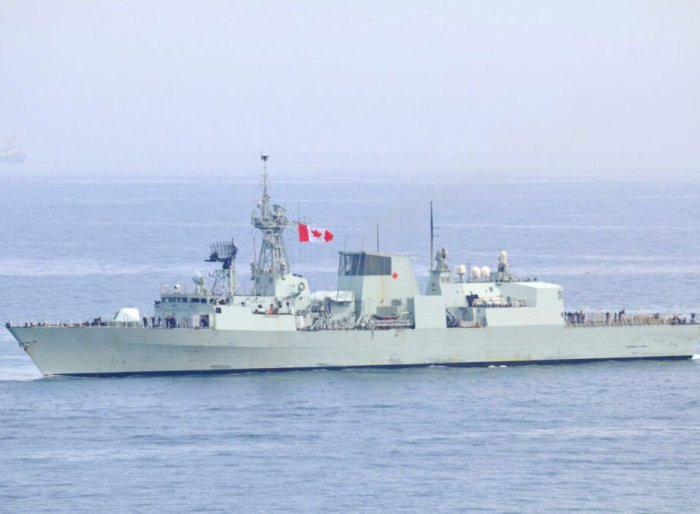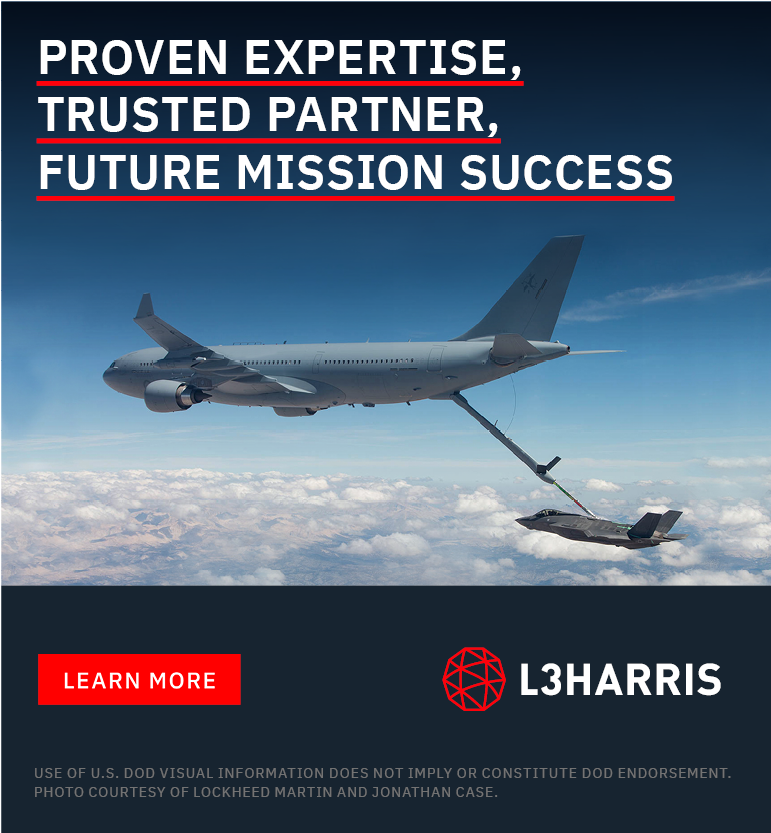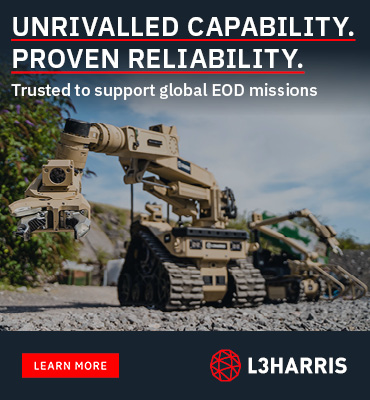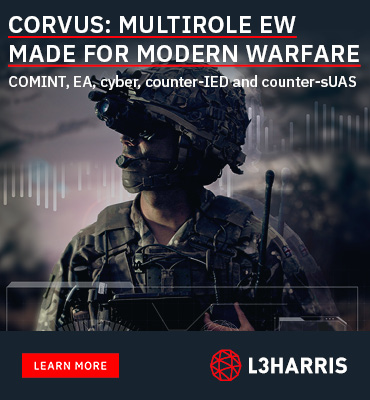Milestone agreement with Irving Shipbuilding uses AI-powered proactive risk intelligence to fortify Canada’s defense industrial base
Interos, the trailblazer in AI-powered supply chain resilience, announced a milestone contract with Canada’s Irving Shipbuilding Inc., solidifying a strategic partnership to fortify the Canadian defense industrial base through Canada’s nationwide initiative to expand its maritime capabilities and readiness.
In a transformative collaboration, Interos will deploy its cutting-edge supply chain risk intelligence to support the shipbuilder’s commitment to delivering 6 modern new Arctic and Offshore Patrol Ships (AOPS), as well as 15 Canadian Surface Combatants, for the Royal Canadian Navy (RCN), in addition to two AOPS for the Canadian Coast Guard. The agreement – part of the country’s massive National Shipbuilding Strategy – embeds multi-tier visibility and risk monitoring to mitigate systemic and adversarial disruptions from cyber, geopolitical, regulatory, catastrophes and other sub-tier supplier risks.
Interos is supporting the ambitious national strategy while also helping Iriving Shipbuilding meet the country’s Industrial and Technological Benefits Policy (ITB) requirements by partnering with Canadian organizations including COTA Aviation.
“We are pleased this agreement enables us to scale resilience as a foundational capability for strategic deterrence while also keeping critical economic value in Canada,” said Aaron Plamondon, Director Industrial Participation, Irving Shipbuilding. “We look forward to working together with Interos, and our ITB partners, to advance Canada’s economic and national security at a time of heightened global risk and uncertainty.”
Kyle Kusznieryk, CEO of COTA Aviation, emphasized the agreements’ dual benefits of embedding continuous multi-tier risk insights while advancing supply chain diversity.
“COTA’s commitment to transparent business practices reinforces its position to champion leading edge supply chain visibility solutions software in Canada,” says Kusznieryk. “We are proud to see both Irving Shipbuilding and Canada adopt continuous multi-tier risk intelligence to support to the future stability of the Coast Guard and RCN fleet. As an indigenous-owned and operated business, COTA is dedicated to supporting firms that embrace development of supply chain diversity, and are proud of Interos’ pledge to 100% ITB commitments through this project. This partnership marks a significant milestone for COTA solidifying its position as a trusted provider of naval solutions for Canada and enhancing its reputation in the aerospace and defense sectors.”
Interos Founder and CEO Jennifer Bisceglie highlighted both companies’ leadership in embracing next generation solutions to mitigate threats in the complex global risk landscape.
“We are honored to collaborate with Irving Shipbuilding and COTA Aviation to fortify their supplier base against today’s new breed of multi-tier threats that trigger disruption without warning,” said Jennifer Bisceglie, Founder and CEO of Interos. “Our physical and digital risk environment is defined by dynamism and multiple new attack surfaces. As a key play in Canada’s defense industry, Irving Shipbuilding, together with ITB Partners like COTA Aviation, are setting the high bar by prioritizing the forward-looking the advanced warning technologies necessary to construct and maintain the backbone of Canada’s naval fleet.”
Interos’ award-winning visibility and monitoring technology assesses public and private sector supply chains against multi-factor risk, using thousands of proprietary data points. With continues disruption and uncertainty as the new normal, procurement and risk leaders across are rapidly evolving from basic financial and cyber risk reporting to fully dimensioned, proactive risk analysis. These next generation assessments deliver a more actionable and comprehensive view of operational threats, including geopolitical flashpoints such as Russia, China and the Middle East.







